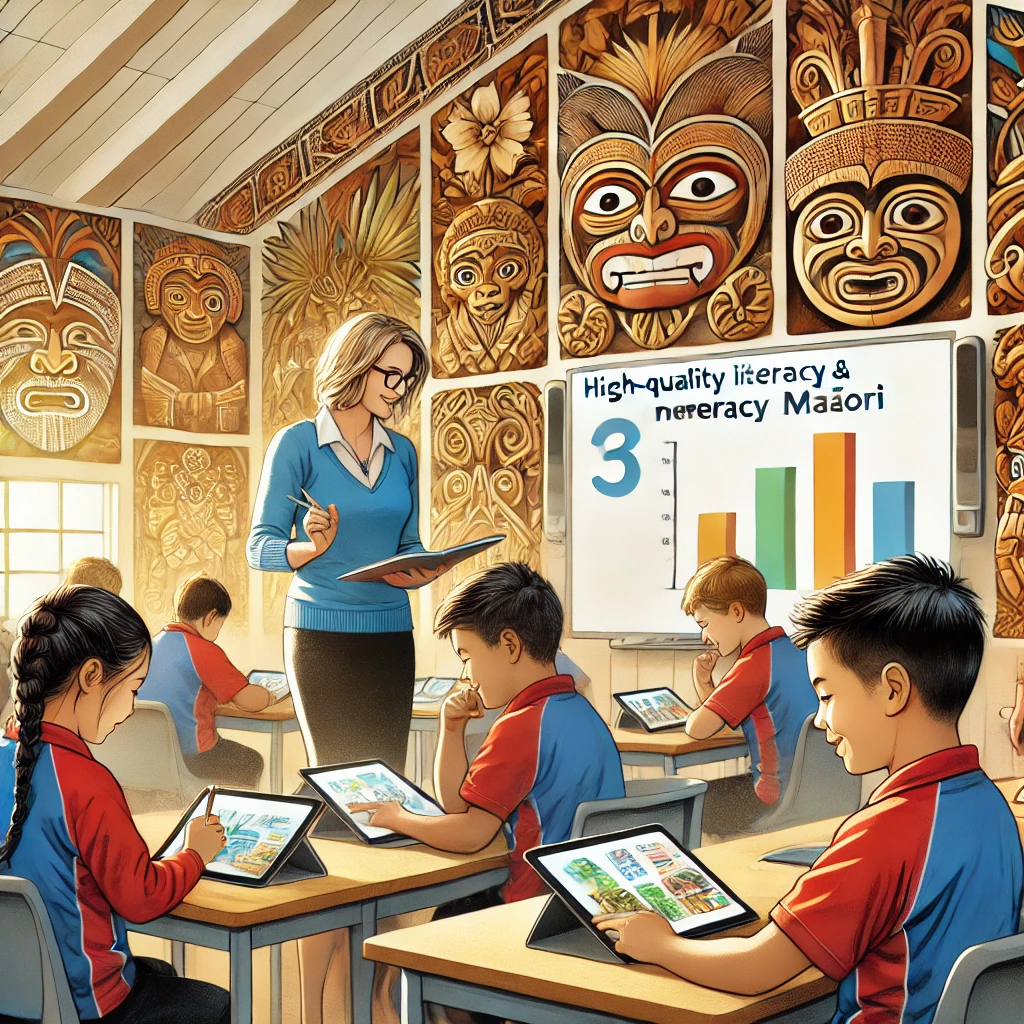ADB, GPE, and Australia Partner to Boost Inclusive Education in Kiribati
The new initiative will bridge these critical gaps, providing both physical infrastructure and human capital investments needed to boost enrollment, retention, and learning outcomes.

- Country:
- India
In a major step toward building a more inclusive and resilient education system in the Pacific, the Asian Development Bank (ADB) has approved a $30 million grant to enhance the quality and accessibility of primary and secondary education in Kiribati. The grant is part of the Equitable Access to Quality Education Project, aimed at eliminating barriers to learning—especially in the country's remote outer islands—and ensuring all children, regardless of gender or location, have access to a safe, modern, and engaging educational environment.
The initiative is co-financed with an additional $5 million from the Global Partnership for Education (GPE) and is strategically aligned with the Government of Australia's 10-year Kiribati–Australia Education Program, further amplifying the impact of development cooperation in Kiribati's education sector.
Modern Classrooms and Infrastructure for a Changing Climate
At the heart of the project is the development of modern, climate- and disaster-resilient educational infrastructure. This includes:
-
Construction of new classrooms and learning spaces
-
Recreational facilities to support physical and social development
-
Gender-sensitive dormitories to encourage equal participation of boys and girls in schooling
-
Student transportation vehicles, especially important for students in geographically dispersed island communities
The focus on resilient infrastructure is especially critical for Kiribati, a nation highly vulnerable to sea-level rise, extreme weather events, and climate-related disruptions. These upgrades aim to provide learning continuity and safety for thousands of children.
Removing Barriers to Education in Outer Islands
According to Aaron Batten, Regional Director of ADB's Pacific Subregional Office:
"This project removes the barriers that keep too many children, especially in outer island communities, from finishing school. By improving transport, classrooms, digital learning, and teacher training, more children will complete their education."
Currently, many students in Kiribati drop out due to:
-
Long travel distances to schools
-
Inadequate school facilities, especially for girls
-
Limited access to qualified teachers and digital learning tools
The new initiative will bridge these critical gaps, providing both physical infrastructure and human capital investments needed to boost enrollment, retention, and learning outcomes.
Digital Learning and Teacher Upskilling
Beyond infrastructure, the project will strengthen the quality of education through:
-
Curriculum reform to better integrate digital technology and 21st-century skills
-
Comprehensive teacher training programs, focused on interactive pedagogy, digital tools, and inclusive classroom strategies
-
Education planning and monitoring systems to ensure evidence-based decision-making
These components will help ensure that students not only attend school, but also benefit from high-quality, future-ready education.
Global Partnership for Education: A Critical Ally
The Global Partnership for Education (GPE), a key co-financier, emphasized the need for robust educational foundations. GPE CEO Laura Frigenti stated:
"Equitable access to quality education starts with safe, well-equipped schools. By joining forces with ADB and the Government of Australia, we can mobilize the resources needed to build resilient education infrastructure and ensure every child in Kiribati has the opportunity to learn and thrive."
GPE's involvement brings global best practices and additional financing that strengthens the overall development ecosystem supporting Kiribati's education transformation.
Alignment with Australia's Long-Term Education Strategy
The project also complements Australia's 10-year Kiribati–Australia Education Program, which focuses on:
-
Improving learning outcomes in literacy and numeracy
-
Supporting teacher training and inclusive education practices
-
Enhancing school leadership and governance
By aligning with this ongoing effort, the new ADB-GPE initiative maximizes coherence, coordination, and continuity in educational support for Kiribati.
ADB's Commitment to the Pacific's Vulnerable Nations
The grant comes from the Asian Development Fund (ADF), ADB's concessional financing window for Asia-Pacific's poorest and most vulnerable countries. During the 2021–2024 cycle, ADF helped:
-
Lift 384,000 people out of poverty
-
Create 500,000 jobs across the region
Kiribati, with its unique geographical challenges and small economy, qualifies as a key ADF partner. The ADB's support to Kiribati is part of a broader commitment to building resilient social services, climate adaptation infrastructure, and inclusive growth pathways across the Pacific Island nations.
Investing in Kiribati's Future Through Education
This landmark education investment reaffirms the global commitment to equity and opportunity in one of the world's most remote and climate-vulnerable countries. By building safer schools, modernizing learning systems, and empowering teachers and students alike, the project lays the groundwork for generational change in Kiribati.
In doing so, it not only supports immediate education access, but also helps build a resilient, skilled, and inclusive society capable of navigating the challenges of the 21st century and contributing to the sustainable development of the Pacific region.
ALSO READ
-
Uttar Pradesh Enhances Education Landscape with Kashi Naresh University
-
ADB-Led $1.2 Billion Solar-BESS Deal to Power 600,000 Homes in Uzbekistan
-
ADB Backs $500M Solar Power Boost to Transform Rural Agriculture in Maharashtra
-
$250M GCF Boost Powers ADB's 'Glaciers to Farms' Resilience Push in Asia
-
Uttar Pradesh Boosts Higher Education with New Private Universities









